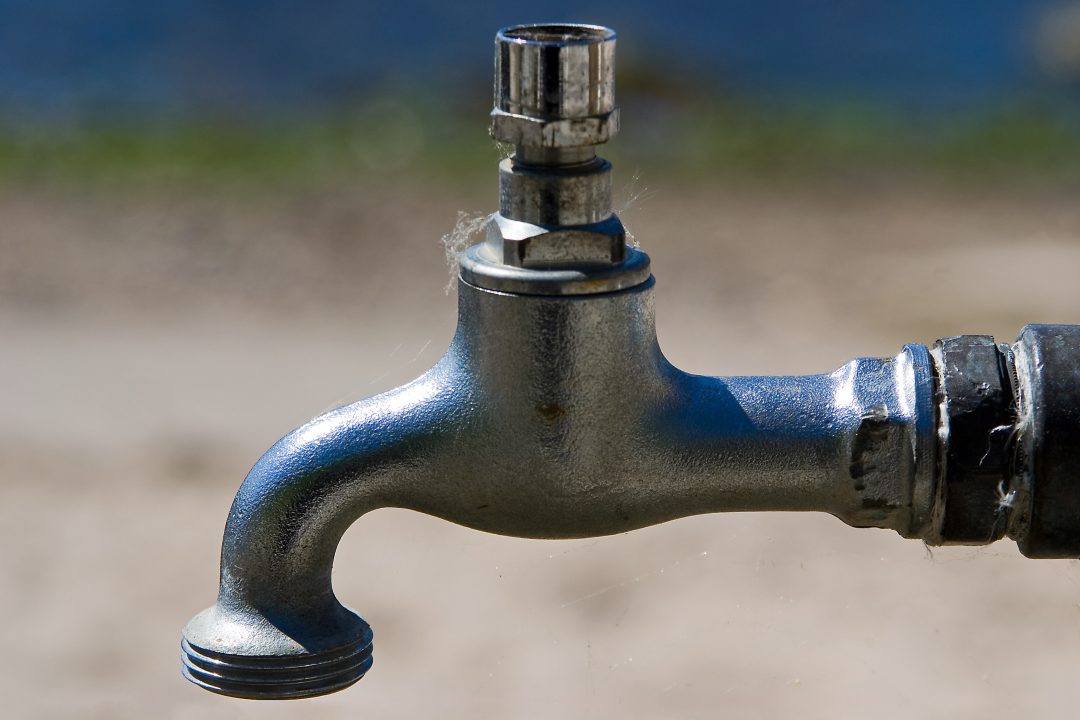
The Energy and Water Consumer Advocacy Program (EWCAP) has worked on a range of topics, from the impact of disconnection from essential services to the governance of the energy system.
This page provides a summary of some key research topics. You can find all PIACs reports and submissions on the publications page. EWCAP works with a network of consumer advocate organisations and consultants to ensure our policy work is evidence based.
‘Cut Off’ reports
Starting in 2005, the Cut Off series was developed to explore the circumstances that led to households being disconnected from their electricity, gas or water supply, and the impact of disconnection on these households. Three four-yearly research reports were produced to uncover long-term trends in disconnections. In the most recent report, Cut Off III, we found that people in paid employment were just as likely to be disconnected as those who were unemployed. This was a change from previous reports, where most people who were disconnected were receiving welfare payments. This could be because the costs of energy and water was not keeping pace with wages and welfare payments. It also shows that hardship programs are not sufficient to prevent disconnection or excessive debt accumulation. Energy and water are essential services, and the findings of the Cut Off series provide valuable information that EWCAP uses in its submissions and policy debates.
Future of the grid
EWCAP has also commissioned reports considering the future of the electricity grid. As the cost comes down batteries are becoming increasingly common both at the household level and in large-scale projects. The increasing popularity of batteries presents some regulatory challenges, particularly in the context of large-scale use by distribution networks. PIAC commissioned work to examine potential ownership models for batteries and appropriate consumer protections. This work aims to ensure that distribution networks are unable to exercise their market power to the detriment of consumers. We have used this work to inform our input into the development of national ‘ring-fencing’ guidelines.
Governance of the energy sector
In 2015, the Council of Australian Governments Energy Council conducted a major review of the governance of the energy sector. PIAC commissioned a number of reports examining various aspects of the governance of the energy sector. These reports formed the basis of a major submission to COAG in which PIAC argued that the governance of Australian Energy Markets is fragmented, overly complex, not sufficiently focused on competition and lacking in meaningful consumer representation.